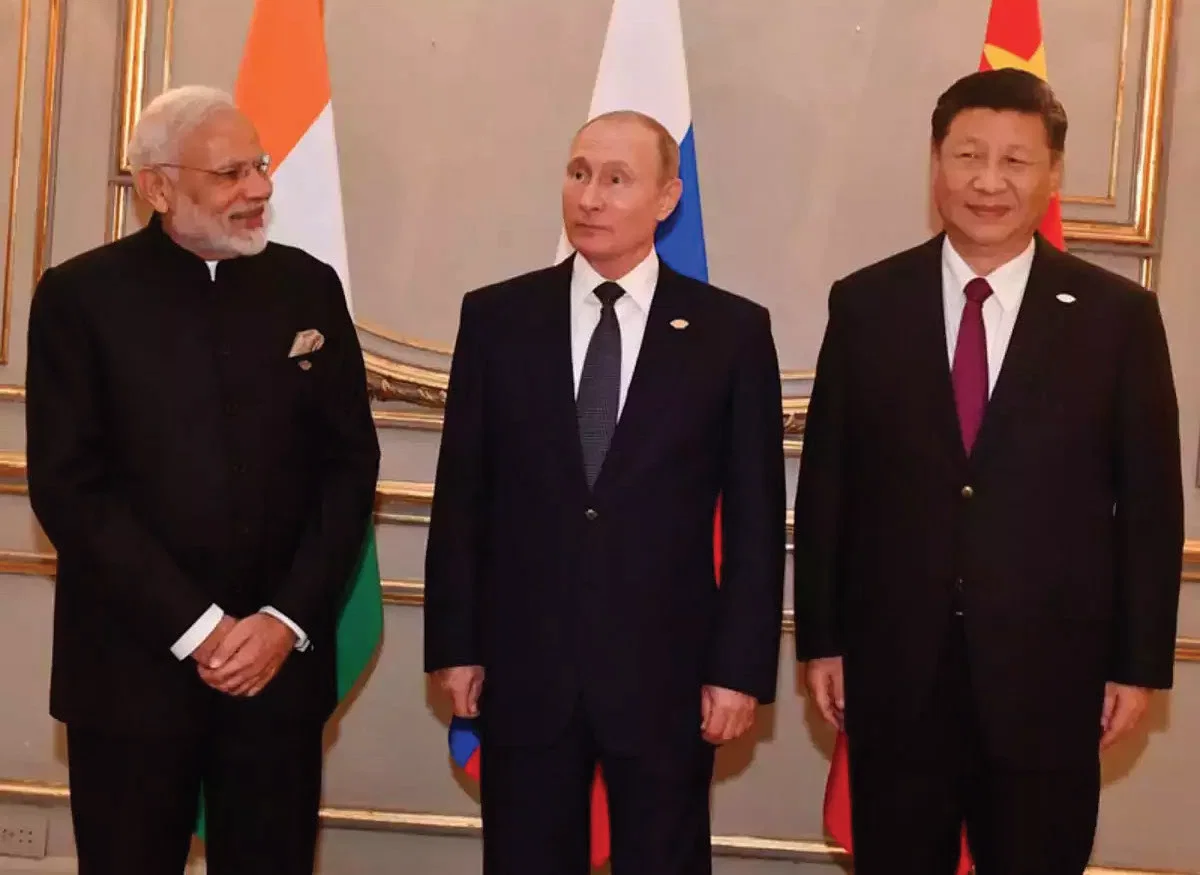India and Russia’s relationship endured tensions in the immediate aftermath of the disintegration of the Soviet Union as both nations grappled with domestic, economic and political difficulties. However, Moscow’s strategic cooperation with New Delhi saw a resurgence in the 2000s as both nations sought to strengthen their ties. In 2000, India and Russia agreed to a Declaration on Strategic Partnership, which outlined three main areas of focus: defense collaboration, economic cooperation, and political interaction. In addition, the two nations inked a series of agreements in fields including energy, research, and culture. India and Russia maintained their strategic alliance, putting a special emphasis on defense cooperation. India serves as one of Russia’s biggest clients for military hardware, and the two nations have worked together on an array of collaborative defense initiatives. A number of agreements have been concluded between India and Russia in fields including nuclear energy and space exploration.
Although, there has been a sense of inertia in the relationship in recent years, and both nations concur that their bilateral alliance has to be revived. Indian Prime Minister and Russian President , said during a joint news conference in 2018 that the relationship between their countries was more than just a partnership; it was a “special and privileged strategic partnership.” However, he also recognised that, in light of shifting global dynamics, the partnership needed to be re-energized and revitalized. The strategic alliance between India and Russia has encountered some difficulties recently as India has attempted to broaden its diplomatic endeavors and lessen its dependence on Russian military hardware. In order to lessen the country’s vulnerability to geopolitical shifts and maintain a stable supply chain, India has been actively diversifying its sources of defense technology. The nation wants to lessen its dependency on imports by creating and manufacturing its own advanced defense equipment. With this strategy, India is able to obtain cutting-edge technology and develop its own defense sector. Lastly and importantly, India’s defense purchase decisions are impacted by the dynamic geopolitical environment, which is always fluctuating so its policy has to be in line with its shifting alliances and security concerns, which might have an influence on its supplier selection. However, the two nations continue to have close affiliations, with an emphasis on regional security challenges and economic collaboration.
Click Here To Download The Paper


📌Analysis of Bills and Acts
📌 Summary of Reports from Government Agencies
📌 Analysis of Election Manifestos

